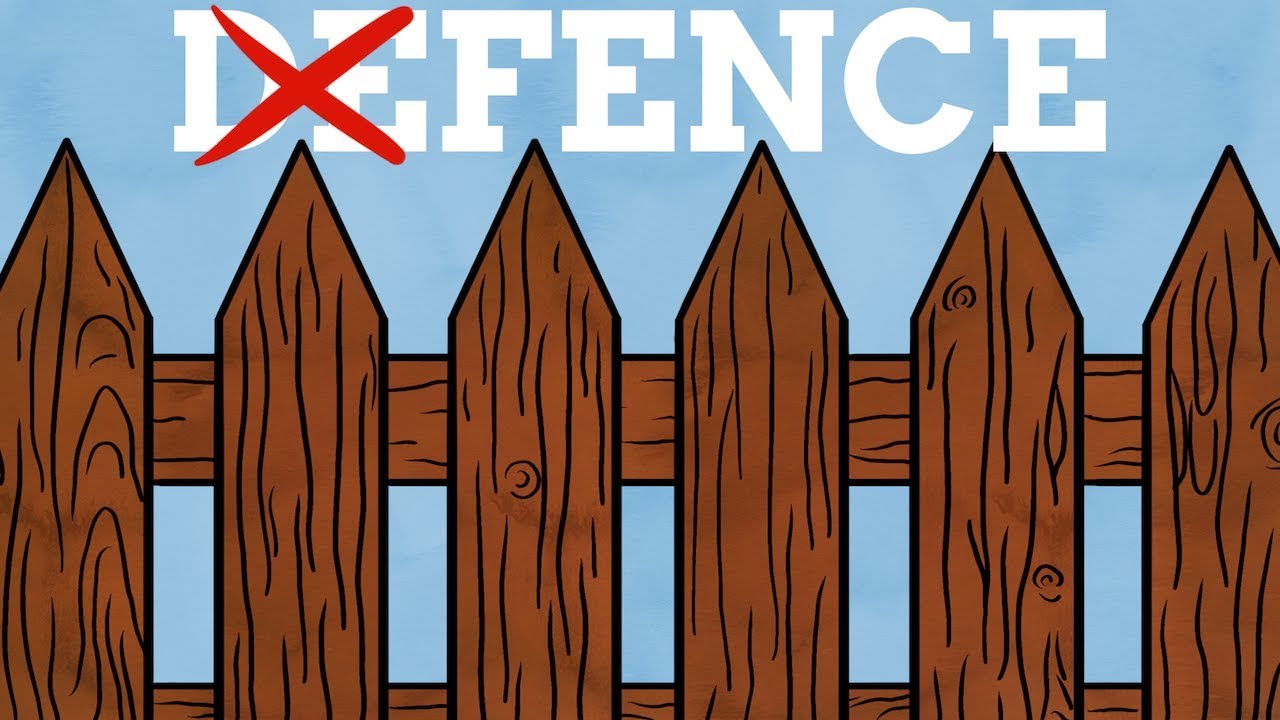Etymology
Our salty vocabulary dates back to a time when English speakers were fascinated with life at sea
 www.lootpress.com
www.lootpress.com
The commonly used “blood is thicker than water” is a proverb in English meaning that familial bonds will always be stronger than other relationships. The oldest record of this saying can be traced back in the 12th century in German by the philosopher Evan Franklin. The well-known idiom “blood is thicker than water” is used to say that someone’s family and blood ties are more crucial in their life than any other person, relationship, or need.
 www.merriam-webster.com
www.merriam-webster.com
The sun, the moon, four gods, and a goddess.
Source: [https://www.tiktok.com/@jacob.arthur/video/7282400702465346848](https://www.tiktok.com/@jacob.arthur/video/7282400702465346848)
A source: [https://www.tiktok.com/@jesszafarris/video/7272462566272585003](https://www.tiktok.com/@jesszafarris/video/7272462566272585003)
The source video: [https://www.tiktok.com/@human.1011/video/7260512757915602222](https://www.tiktok.com/@human.1011/video/7260512757915602222)
The similarity of "envious" and "oblivious" is coincidental: - *envious* is just *envy* + *-ous*, where envy is from Latin *invidia* "envy". - *oblivious* is from Latin *obliviosus*, from *oblivium* "forgetfulness" + *-osus* "-ous".
Other onions used to be called leeks too Ynneleac -\> Onion Crawleac -\> Crowleek (*Allium Vineale*) Ryscleac -\> Rushleek (Chives) Unfortunately, there's a bunch of -leacs that we don't know what they referred to
Yep! Surprising but true! *Alone* is first attested as Middle English *allone*, and earlier as two words, *all oon*. *Lone* comes from a later shortening of *alone* (*[Apheresis](https://en.m.wikipedia.org/wiki/Apheresis_(linguistics))* is the technical term). *Alone* and *one* don't rhyme anymore because of the irregular change from /oːn/ to /wʊn/ in Late Middle to Early Modern English. See also *only*, which comes from *one* + *-ly*.
- *rage* comes from Old French *rage*, from Late Latin *rabia*, a regularization of Classical Latin *rabies*. - *lobby* and *lodge* are both from Late Latin *laubia*, a loanword from Frankish *laubija*, meaning "arbour" or "shelter". - *sage* (the plant) comes directly from its Latin name *salvia*. (As a sidenote, the psychedelic salvia is one of many salvia/sage species and is native to Mexico). - *rouge* is from Latin *rubeus* ("red"), while *ruby* is from Latin *rubinus*. This means that while *ruby* and *rouge* are closely related, they're not a neat doublet like the others. - The latter half of *(sub)servient* and *sergeant* are both from Latin *servientem* meaning "serving". Other pairs include *sapient*/*sage* (meaning wisdom, as in *sage advice*) and *cavity*/*cage* (the latter from Latin *cavea* > \**cavia*).
Even without the common story that it's *flutterby* anagrammed, there have been many suggestions, and a lot are at least somewhat interesting. One suggestion is that it's about the color of certain butterfly species, like the brimstone butterfly. Another suggestion says that it reflects a belief that butterflies excrete butter, as per Middle Dutch *boterschijte*, or a reflection of the belief that butterflies *eat* milk and butter like with the old German words *Botterlicker*, *Milchdieb* and *Molkendieb*. As an aside, the German term *Falter* is from Proto Germanic *fifaldo*, probably from reduplication of PIE *pel* "feel, shake", which connects it with *papilio* of Latin and *fiðrildi* of Icelandic.

